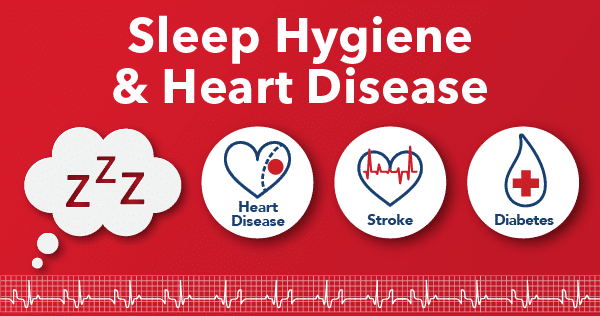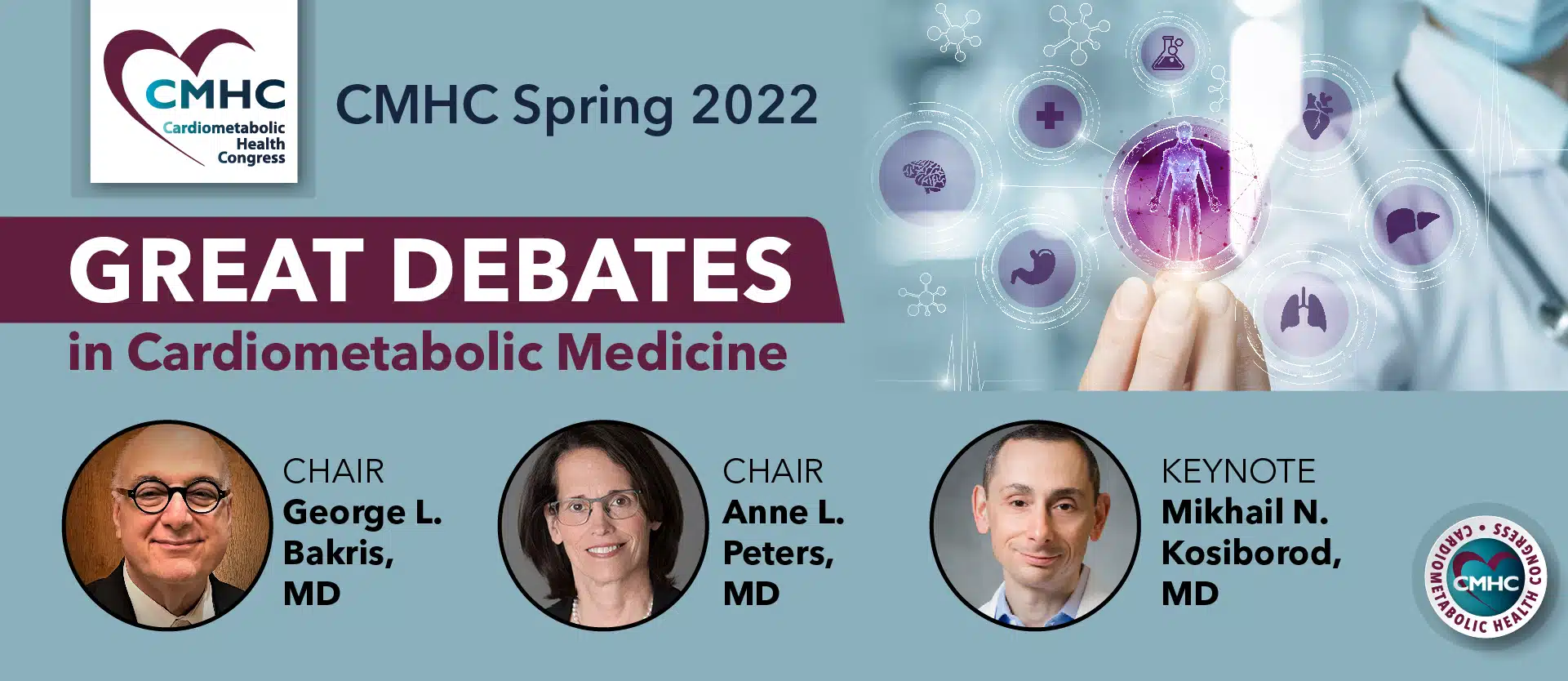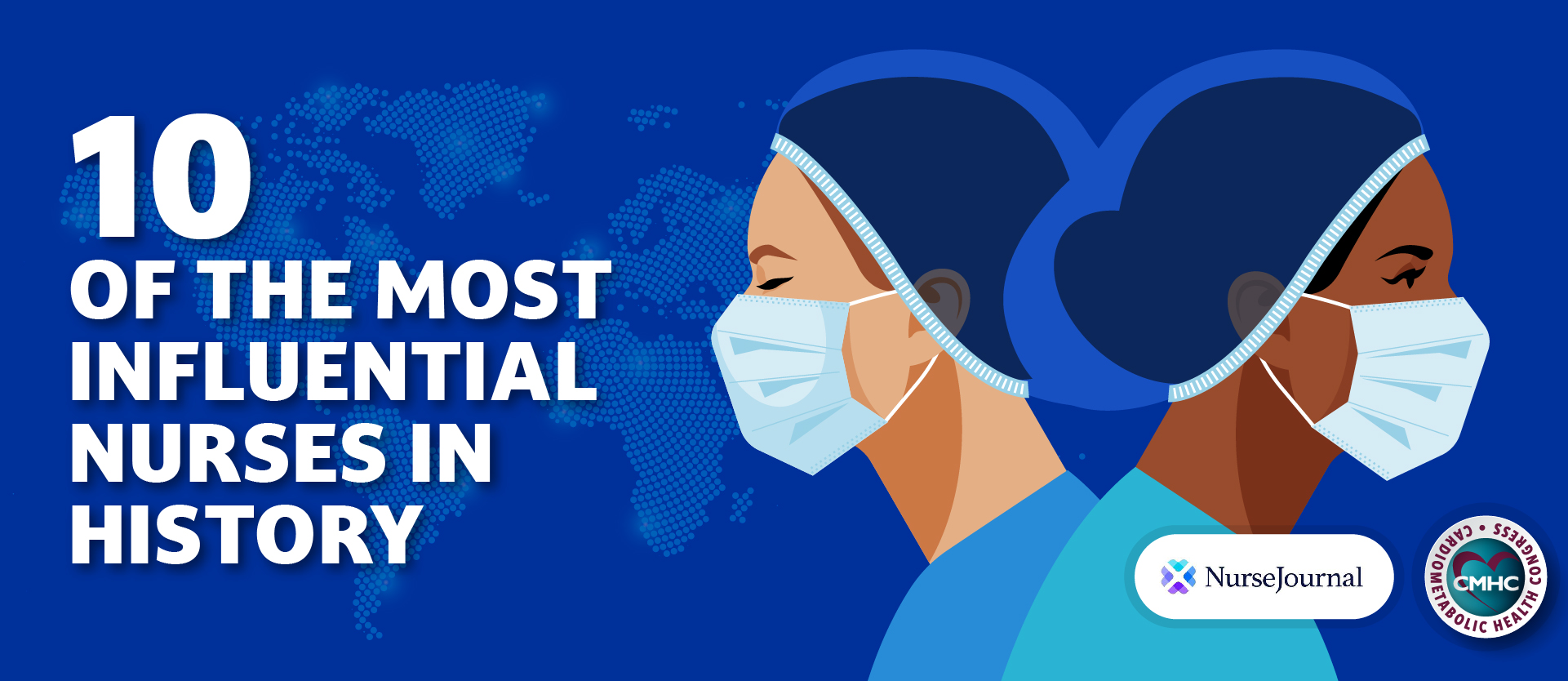A recent study indicates that getting sufficient sleep is especially critical for those at risk for heart disease and diabetes, as less than six hours per night may increase their risk of premature death.
Participants in the study who had a high body mass index (BMI) and elevated cholesterol, in conjunction with several other risk factors for cardiovascular disease and diabetes—a combination termed metabolic syndrome—and slept less than six hours per night were twice as likely to die of heart disease or stroke over a nearly 17-year period, as people without the syndrome.
Lead study author Julio Fernandez-Mendoza, an assist professor of psychiatry and Penn State College of Medicine, stated: “If you have several heart disease risk factors, taking care of your sleep and consulting with a clinician if you have insufficient sleep is important if you want to lower your risk of death from heart disease or stroke.”
The study involved 1,344 adult participants, 39.2 percent of which had metabolic syndrome. After following the people for almost 17 years, the researchers analyzed the relationship between metabolic syndrome, the length of time the participants slept at the outset of the study, and risk of death throughout the next almost two decades. The data signified that people with metabolic syndrome who slept at least 6 hours at the beginning of the study were 1.5 times more likely to die of cardiovascular disease than those without metabolic syndrome; however, people with metabolic syndrome who slept less than 6 hours were 2.1 times more likely to die.
Moreover, the people who slept less—and also had metabolic syndrome—were twice as likely to die from any given cause during the study period as the people who did not have the syndrome. Comparatively, the people with metabolic syndrome who slept 6 or more hours were 1.3 times more likely to die from any cause. The results demonstrate a strong link between shorter sleep duration and mortality among people with metabolic syndrome, indicating the need for proper and consistent sleep hygiene.


















